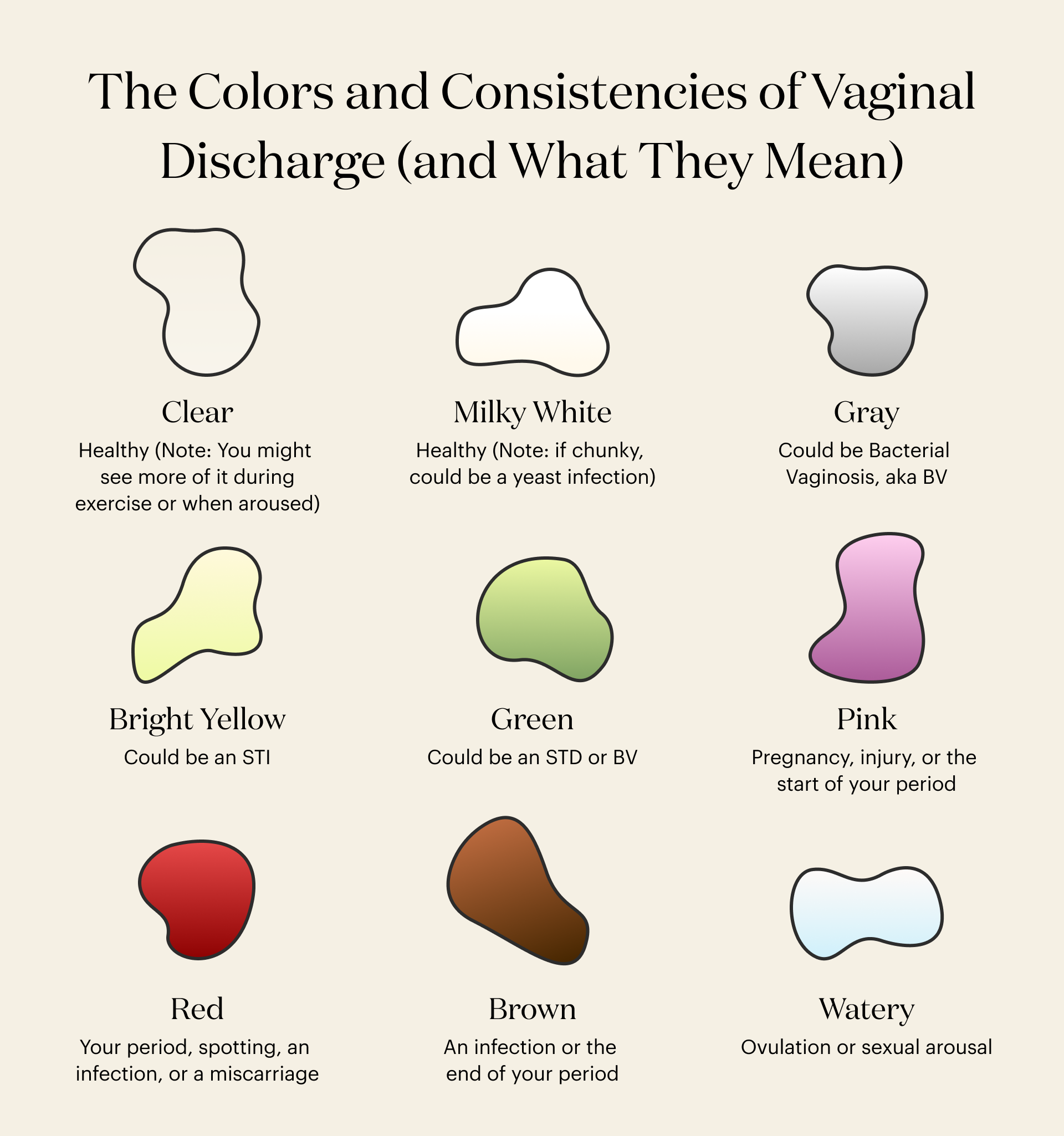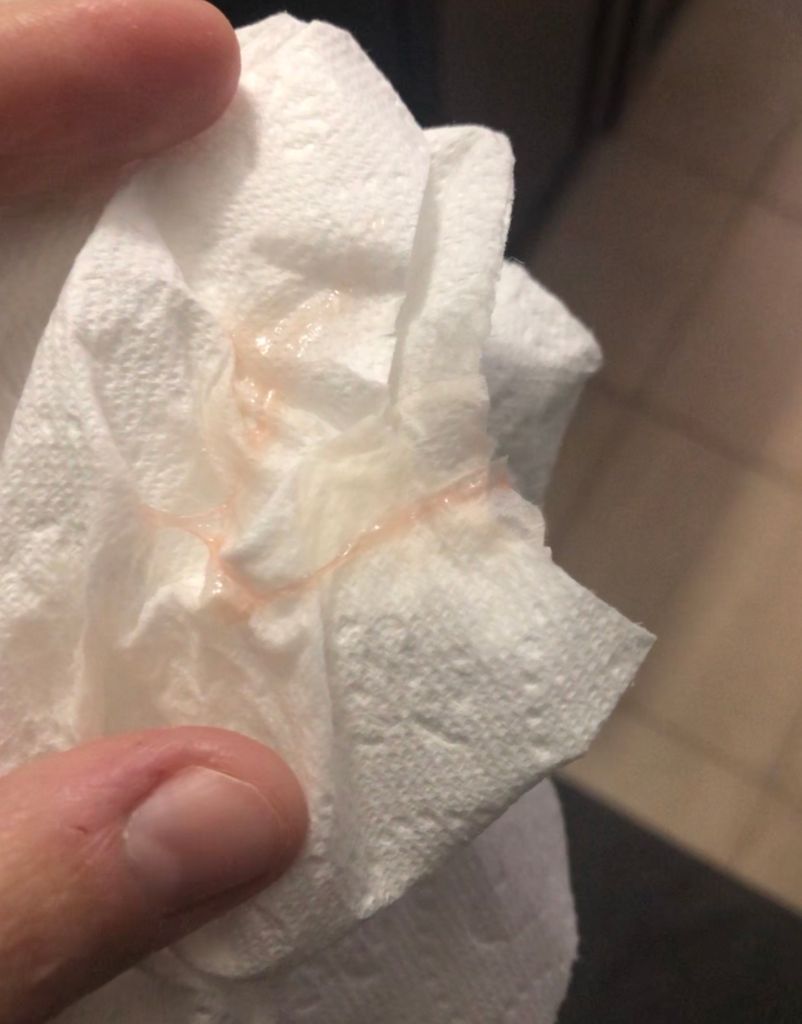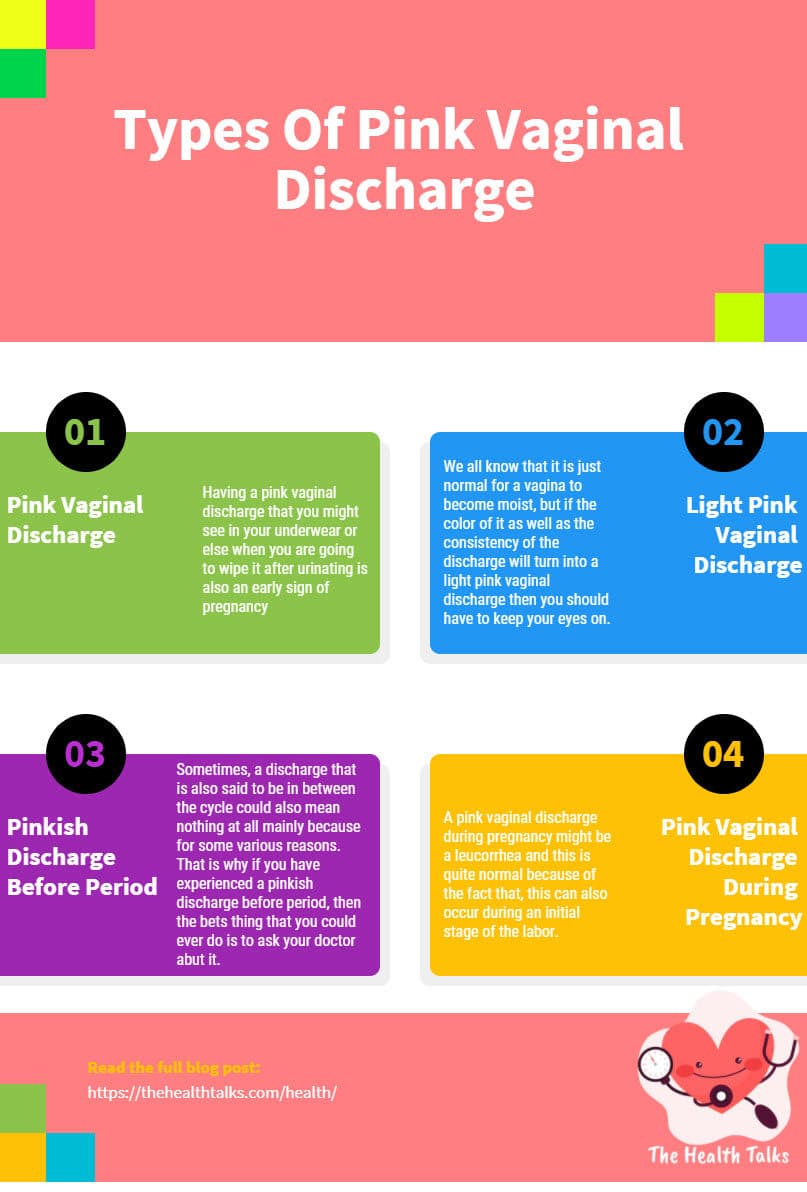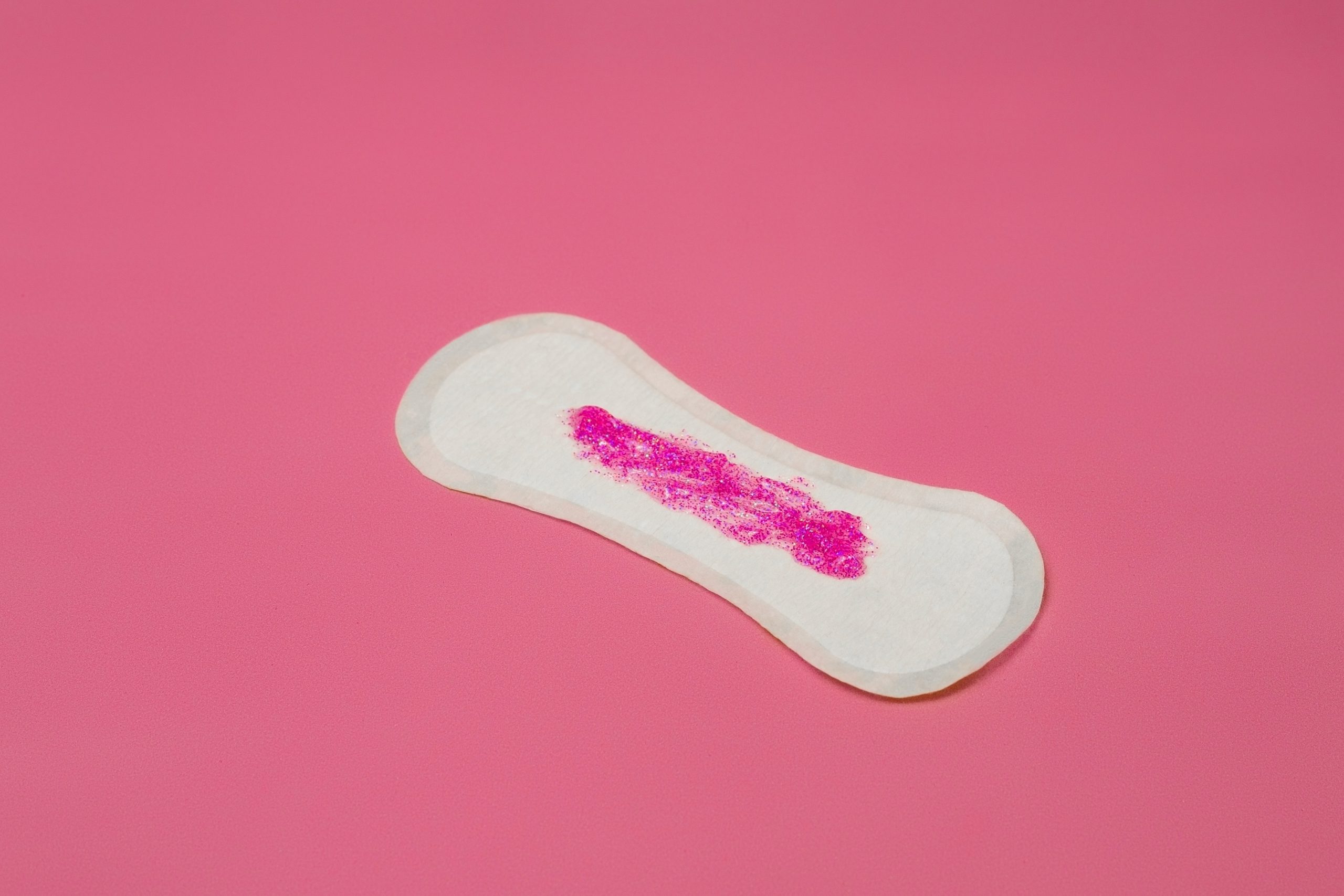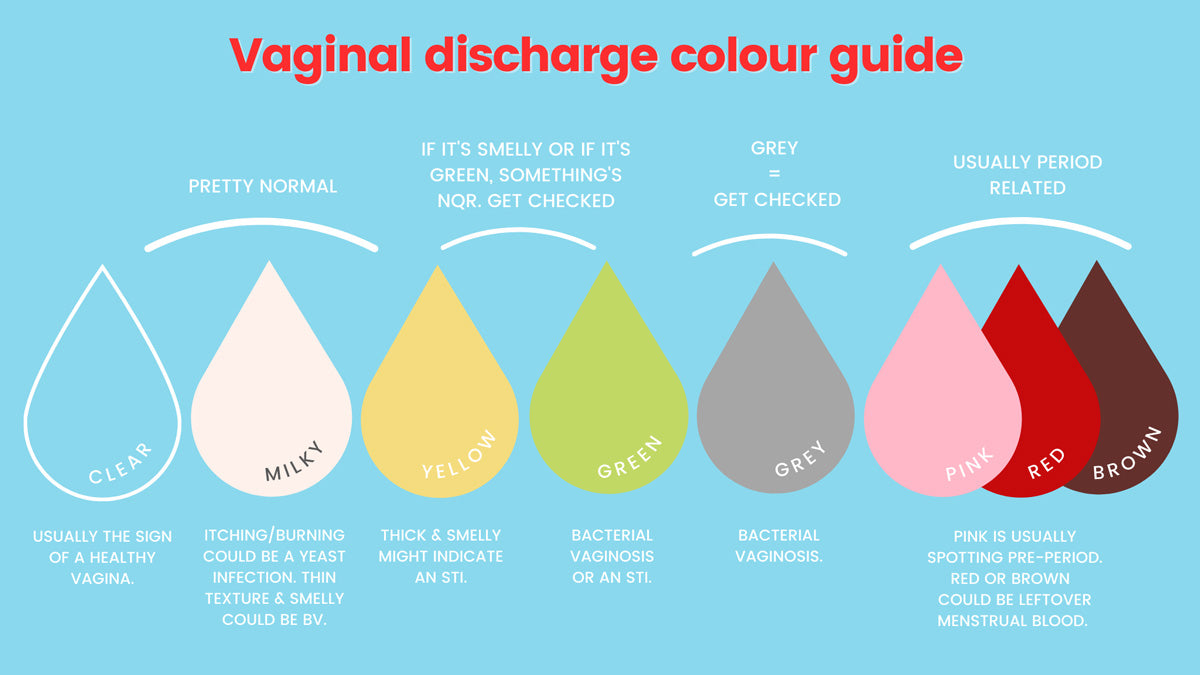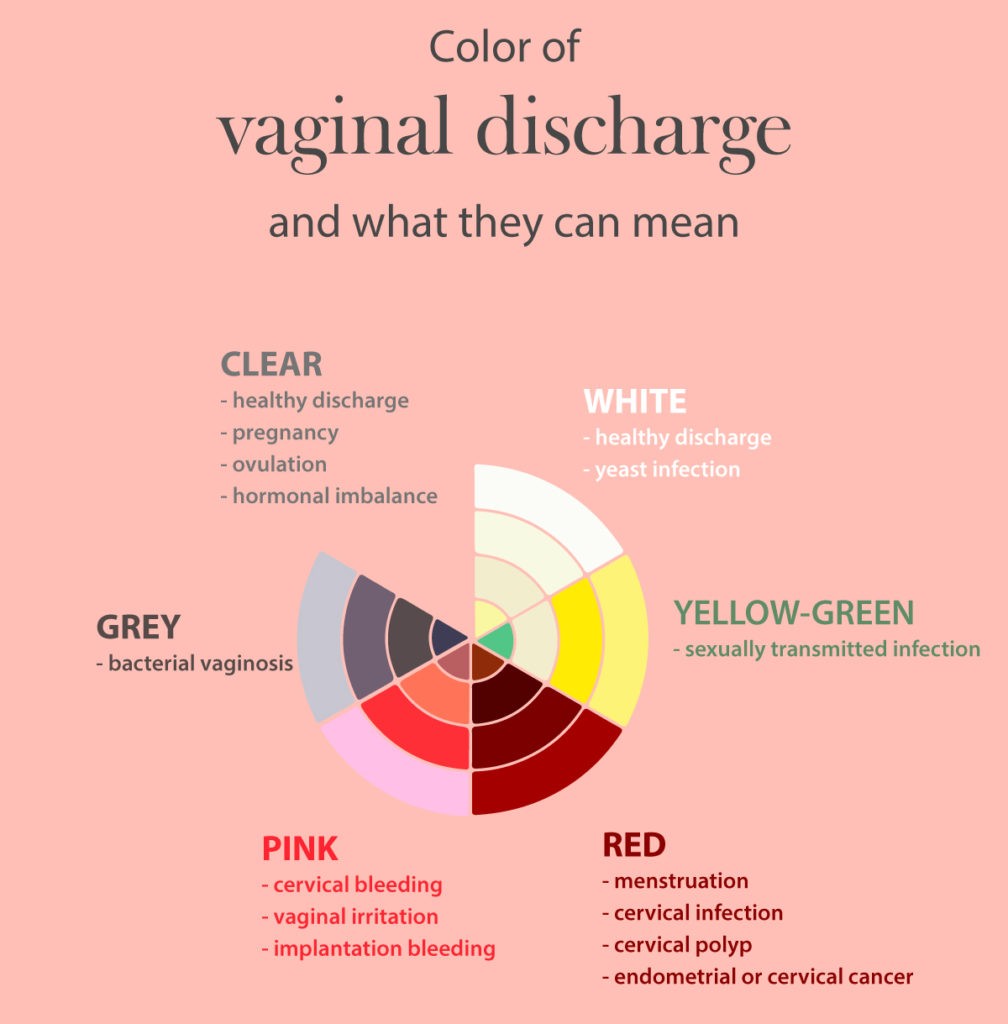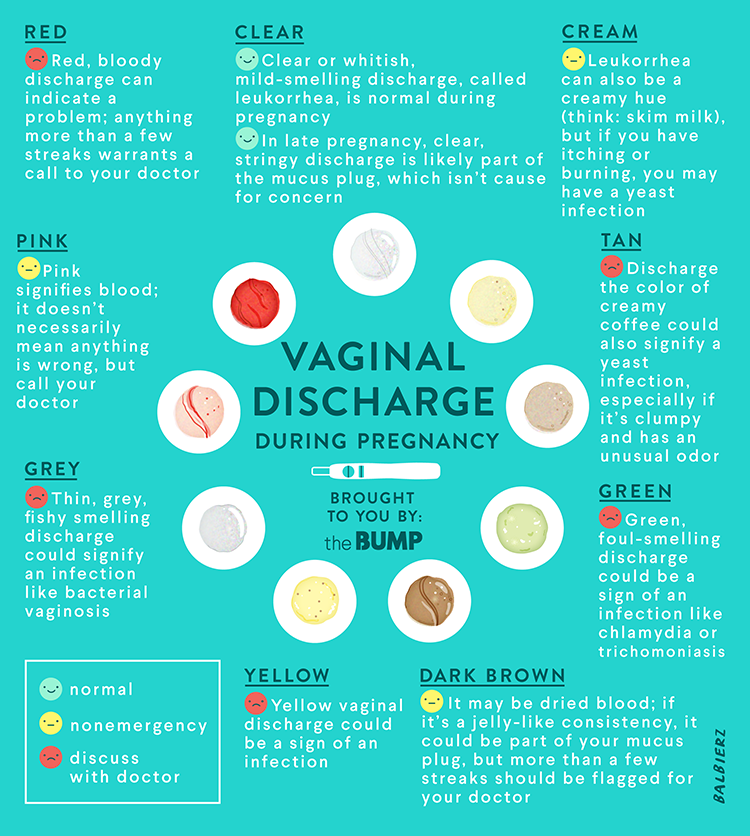No Period Light Pink Discharge
No Period Light Pink Discharge - Spotting at the time of your period, which is around 10 to 14 days after ovulation, may be caused by implantation. There are a number of causes for pink discharge, including sores on your vulva, cuts or tears in your vagina or cervix, and growths in your uterus. Here are 11 possible causes for spotting instead of your period. This can be due to hormonal changes, implantation bleeding in the early stages of pregnancy, or. A pink discharge from the vagina commonly occurs with spotting before your period. Pink discharge, ranging from a light to a deeper pink, is usually benign, and even if it sometimes indicates blood mixing with your discharge, it's usually nothing. You may also experience pink discharge at the beginning or end of your period, when using. Yes, it’s possible to see light pink bleeding and not have a period. Is it normal to experience light pink bleeding without having a period? Seeing a little pink after wiping may also be a sign of ovulation (the release of an egg) or implantation bleeding that can occur with early.
Yes, it’s possible to see light pink bleeding and not have a period. Here are 11 possible causes for spotting instead of your period. This can be due to hormonal changes, implantation bleeding in the early stages of pregnancy, or. You may also experience pink discharge at the beginning or end of your period, when using. Spotting at the time of your period, which is around 10 to 14 days after ovulation, may be caused by implantation. Is it normal to experience light pink bleeding without having a period? A pink discharge from the vagina commonly occurs with spotting before your period. There are a number of causes for pink discharge, including sores on your vulva, cuts or tears in your vagina or cervix, and growths in your uterus. Pink discharge, ranging from a light to a deeper pink, is usually benign, and even if it sometimes indicates blood mixing with your discharge, it's usually nothing. Seeing a little pink after wiping may also be a sign of ovulation (the release of an egg) or implantation bleeding that can occur with early.
Here are 11 possible causes for spotting instead of your period. Seeing a little pink after wiping may also be a sign of ovulation (the release of an egg) or implantation bleeding that can occur with early. Pink discharge, ranging from a light to a deeper pink, is usually benign, and even if it sometimes indicates blood mixing with your discharge, it's usually nothing. There are a number of causes for pink discharge, including sores on your vulva, cuts or tears in your vagina or cervix, and growths in your uterus. Is it normal to experience light pink bleeding without having a period? Spotting at the time of your period, which is around 10 to 14 days after ovulation, may be caused by implantation. Yes, it’s possible to see light pink bleeding and not have a period. A pink discharge from the vagina commonly occurs with spotting before your period. This can be due to hormonal changes, implantation bleeding in the early stages of pregnancy, or. You may also experience pink discharge at the beginning or end of your period, when using.
How To Get Rid Of A Discharge Askexcitement5
Pink discharge, ranging from a light to a deeper pink, is usually benign, and even if it sometimes indicates blood mixing with your discharge, it's usually nothing. Is it normal to experience light pink bleeding without having a period? There are a number of causes for pink discharge, including sores on your vulva, cuts or tears in your vagina or.
Pink Discharge Causes, Symptoms, Diagnosis, Treatment, Prevention
Spotting at the time of your period, which is around 10 to 14 days after ovulation, may be caused by implantation. This can be due to hormonal changes, implantation bleeding in the early stages of pregnancy, or. Yes, it’s possible to see light pink bleeding and not have a period. Is it normal to experience light pink bleeding without having.
No period this month & pink blood when wiping? BabyCentre
This can be due to hormonal changes, implantation bleeding in the early stages of pregnancy, or. A pink discharge from the vagina commonly occurs with spotting before your period. There are a number of causes for pink discharge, including sores on your vulva, cuts or tears in your vagina or cervix, and growths in your uterus. Pink discharge, ranging from.
Light Pink Discharge When I Wipe Not Pregnant
Pink discharge, ranging from a light to a deeper pink, is usually benign, and even if it sometimes indicates blood mixing with your discharge, it's usually nothing. Spotting at the time of your period, which is around 10 to 14 days after ovulation, may be caused by implantation. There are a number of causes for pink discharge, including sores on.
💖 Pink Vaginal Discharge Types, Symptoms, Causes
There are a number of causes for pink discharge, including sores on your vulva, cuts or tears in your vagina or cervix, and growths in your uterus. Here are 11 possible causes for spotting instead of your period. Seeing a little pink after wiping may also be a sign of ovulation (the release of an egg) or implantation bleeding that.
Have Pink Discharge? Types Of Vaginal Discharge And What
A pink discharge from the vagina commonly occurs with spotting before your period. Pink discharge, ranging from a light to a deeper pink, is usually benign, and even if it sometimes indicates blood mixing with your discharge, it's usually nothing. There are a number of causes for pink discharge, including sores on your vulva, cuts or tears in your vagina.
Vaginal Discharge Color Guide What Is Normal?
Yes, it’s possible to see light pink bleeding and not have a period. Pink discharge, ranging from a light to a deeper pink, is usually benign, and even if it sometimes indicates blood mixing with your discharge, it's usually nothing. There are a number of causes for pink discharge, including sores on your vulva, cuts or tears in your vagina.
Discharge Colors Vaginal Discharge Types And What They, 44 OFF
Seeing a little pink after wiping may also be a sign of ovulation (the release of an egg) or implantation bleeding that can occur with early. Here are 11 possible causes for spotting instead of your period. Is it normal to experience light pink bleeding without having a period? Yes, it’s possible to see light pink bleeding and not have.
Light Pink Discharge During Pregnancy Second Trimester
Yes, it’s possible to see light pink bleeding and not have a period. There are a number of causes for pink discharge, including sores on your vulva, cuts or tears in your vagina or cervix, and growths in your uterus. Here are 11 possible causes for spotting instead of your period. Is it normal to experience light pink bleeding without.
What Does Light Pink Discharge Mean During Pregnancy
There are a number of causes for pink discharge, including sores on your vulva, cuts or tears in your vagina or cervix, and growths in your uterus. Yes, it’s possible to see light pink bleeding and not have a period. Is it normal to experience light pink bleeding without having a period? A pink discharge from the vagina commonly occurs.
Here Are 11 Possible Causes For Spotting Instead Of Your Period.
A pink discharge from the vagina commonly occurs with spotting before your period. Spotting at the time of your period, which is around 10 to 14 days after ovulation, may be caused by implantation. Pink discharge, ranging from a light to a deeper pink, is usually benign, and even if it sometimes indicates blood mixing with your discharge, it's usually nothing. Yes, it’s possible to see light pink bleeding and not have a period.
Is It Normal To Experience Light Pink Bleeding Without Having A Period?
Seeing a little pink after wiping may also be a sign of ovulation (the release of an egg) or implantation bleeding that can occur with early. There are a number of causes for pink discharge, including sores on your vulva, cuts or tears in your vagina or cervix, and growths in your uterus. This can be due to hormonal changes, implantation bleeding in the early stages of pregnancy, or. You may also experience pink discharge at the beginning or end of your period, when using.
